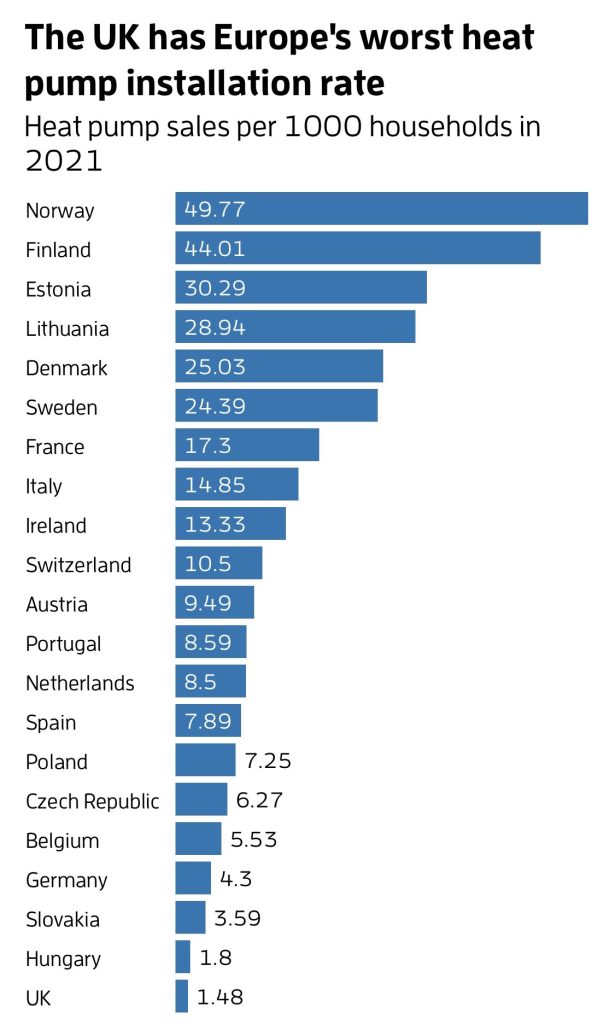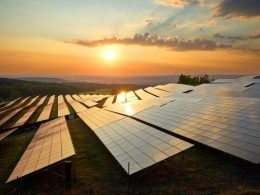Unmasking the Anti-Heat Pump Campaign: A Gas Industry’s Attempt to Sway Public Opinion
In recent years, the UK has seen a surge in negative press against heat pumps, a technology crucial to the country’s decarbonisation efforts. A recent investigation by DeSmog has revealed that the Energy and Utilities Association (EUA), a trade association representing gas boiler manufacturers, is behind this media blitz.
The EUA has been funding a public relations firm, WPR Agency, to generate hundreds of articles and interviews criticising heat pumps. This technology, powered by electricity, is set to play a significant role in replacing gas boilers, which currently heat around 85% of Britain’s homes and contribute to 15% of the country’s greenhouse gas emissions.

The WPR Agency’s campaign has resulted in a slew of negative stories about heat pumps in outlets such as The Sun, Telegraph, and The Express. The campaign has also been amplified by broadcast media, including BBC 2’s Newsnight, LBC, TalkTV, and GB News.
The EUA’s campaign has not only criticised heat pumps but also promoted hydrogen as a viable fuel for domestic heating. However, neither the UN’s leading climate body, the Intergovernmental Panel on Climate Change (IPCC), nor 32 recently reviewed independent studies see a significant role for hydrogen in decarbonising homes.
The EUA’s campaign has been successful in influencing public opinion and government policy. However, it has also contributed to confusion among homeowners about which low-carbon heating solution is best. This confusion has resulted in the UK lagging behind other European countries in the uptake of heat pumps.
Despite the EUA’s claims that it is not anti-heat pump, the only stories that WPR has chosen to highlight on its site are negative stories about heat pumps. This has led to accusations that the EUA is using misleading tactics to delay the transition to low-carbon heating solutions.

The EUA’s campaign has also been criticised for promoting hydrogen as a viable alternative to gas boilers, despite the fact that hydrogen is not considered viable for heating homes due to its inefficiency, cost, and resource-intensiveness.
The UK government has set targets for the phase-out of gas boilers and the installation of heat pumps. However, the EUA’s campaign has been successful in delaying these targets and promoting hydrogen as a viable alternative. This delay could have significant implications for the UK’s efforts to reduce greenhouse gas emissions and tackle climate change.
In conclusion, the EUA’s campaign against heat pumps is a clear example of how industry lobbying can influence public opinion and government policy. It highlights the need for greater transparency and accountability in the energy sector, as well as the importance of independent, evidence-based decision making in the transition to a low-carbon future.
<p>









